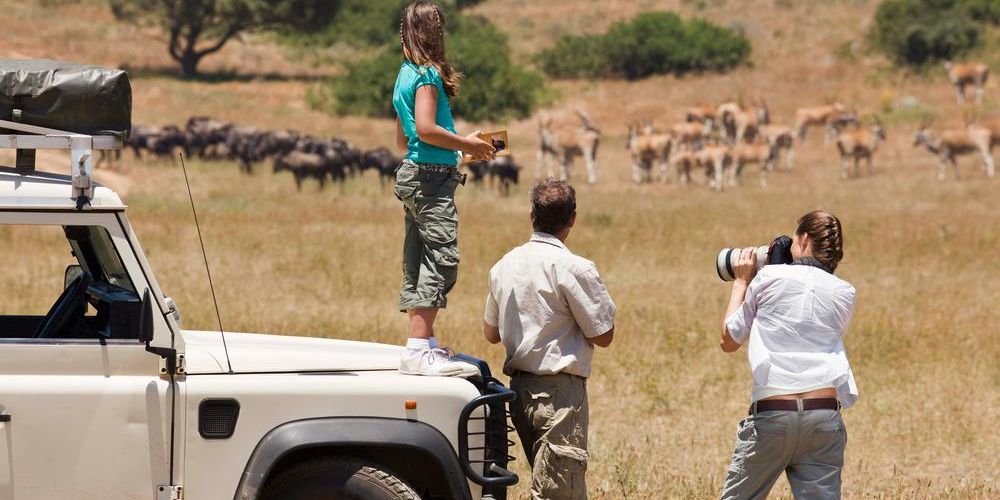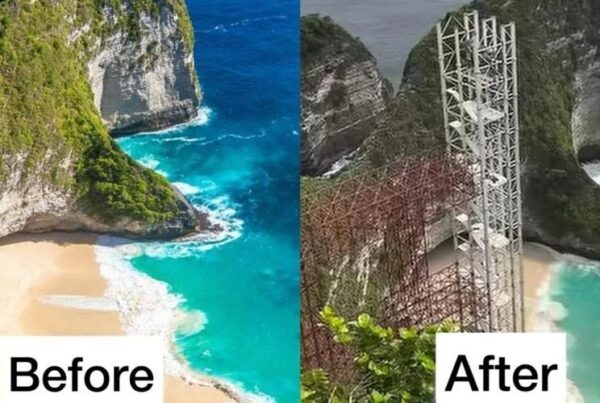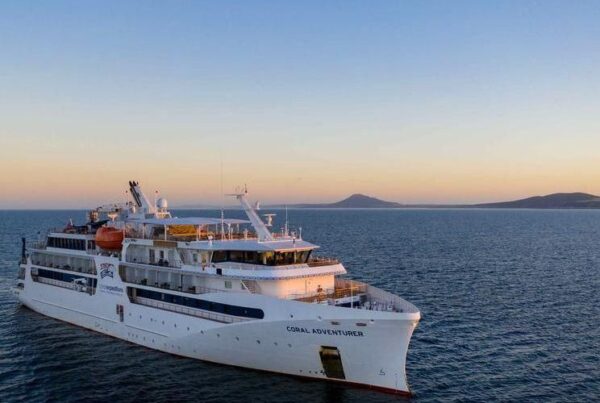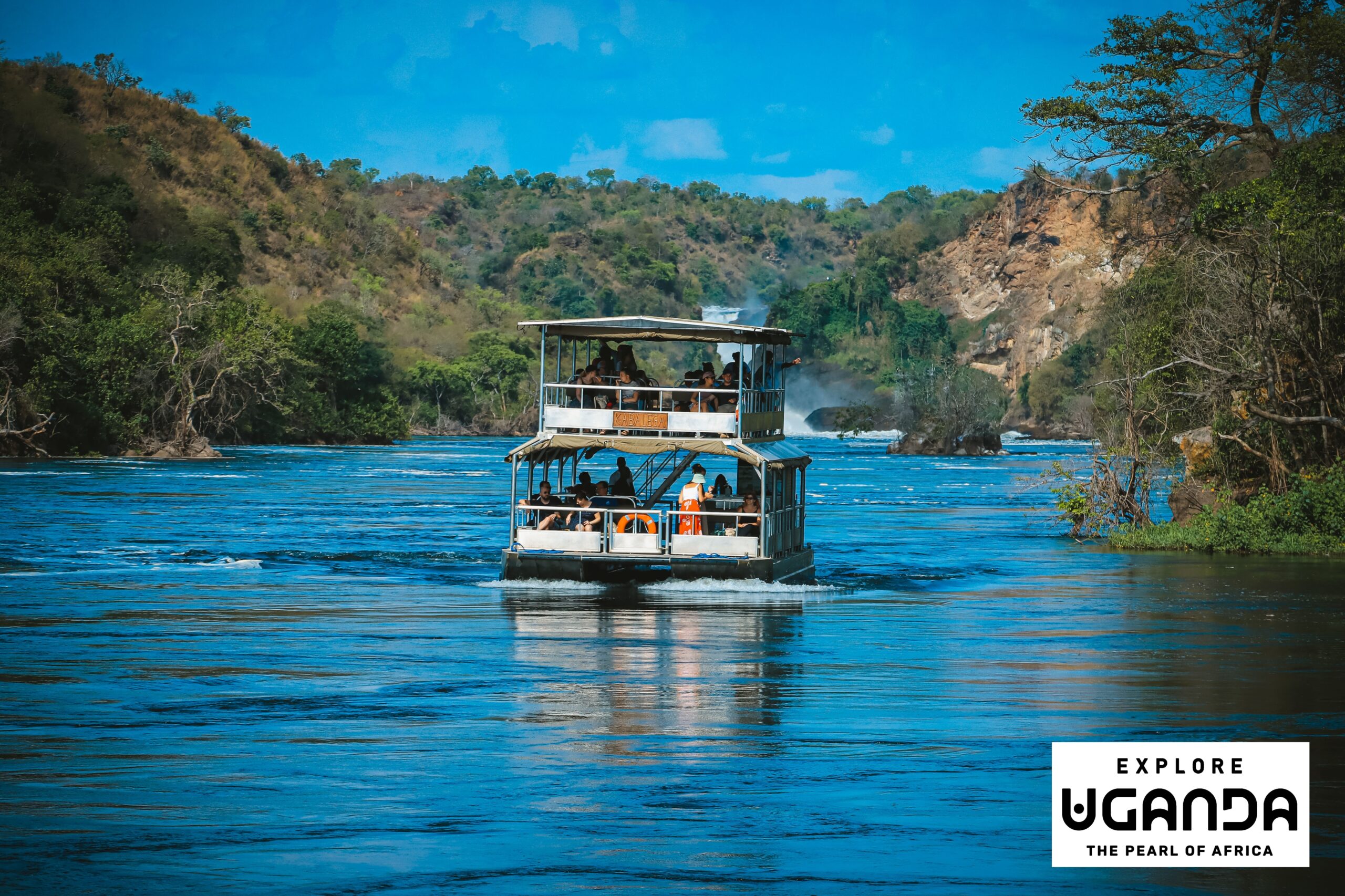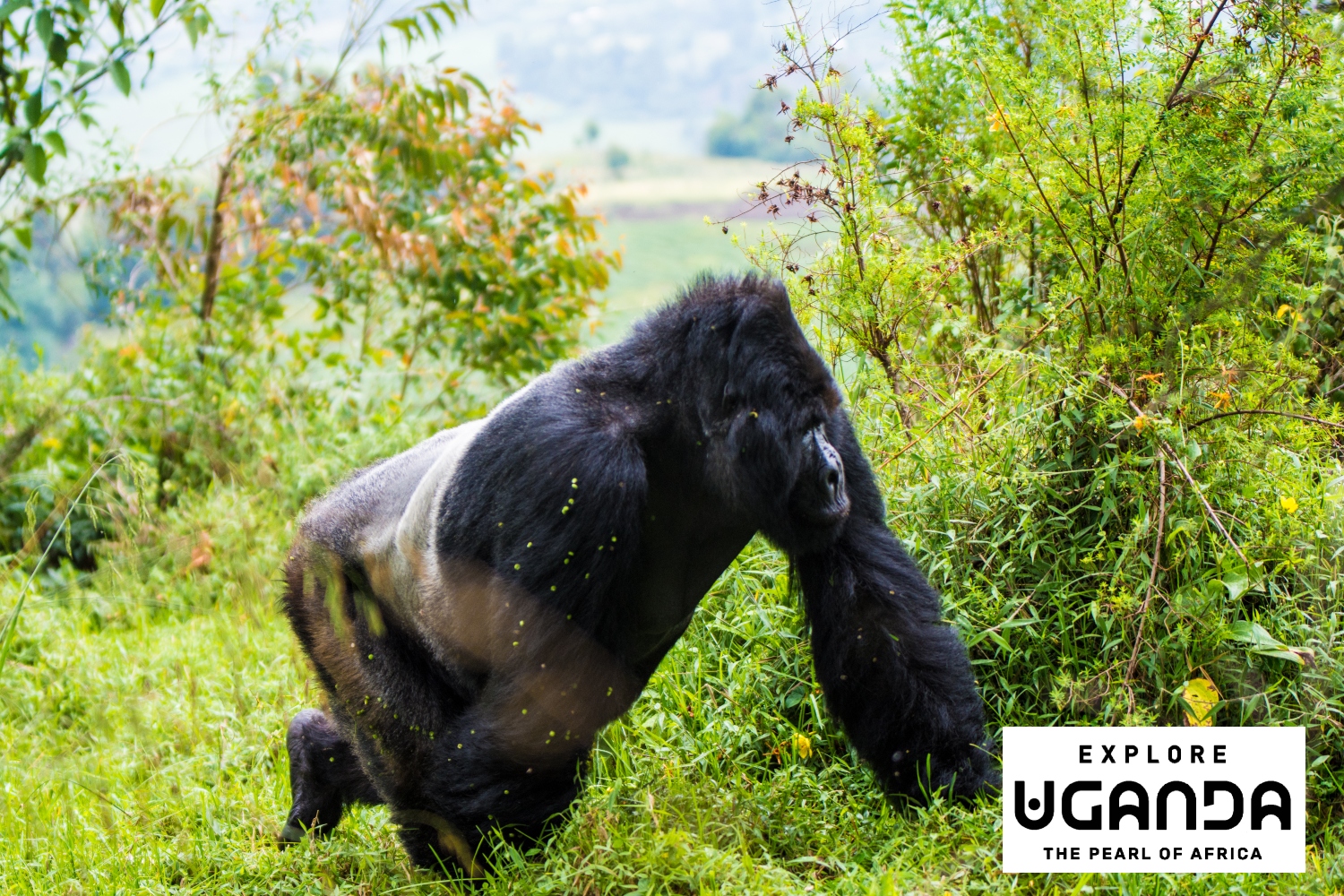That’s the warning from The African Travel & Tourism Association (ATTA), the leading voice for African and Indian Ocean Islands tourism.
The organisation believes the issue is fast becoming one of African tourism’s most urgent and controversial risks, fuelled by social media, consumer expectations and commercial pressures.
The quest for closeness, fuelled by social media and guest expectations, can undermine both animal welfare and business sustainability, while power imbalances, tipping culture and competitive marketing often force staff into impossible positions.
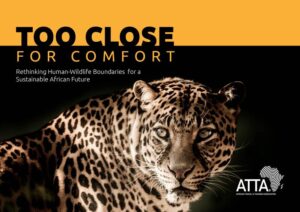 In response, ATTA has just launched a new white paper, “Too Close for Comfort: Rethinking Human-Wildlife Boundaries for a Sustainable African Future,” which sets out a practical, Africa-wide response.
In response, ATTA has just launched a new white paper, “Too Close for Comfort: Rethinking Human-Wildlife Boundaries for a Sustainable African Future,” which sets out a practical, Africa-wide response.
The white paper equips travel suppliers, advisors and their partners with pragmatic guidance to ensure ethical wildlife encounters across Africa’s diverse landscapes and experiences.
Recent incidents include:
# In March 2024, an 80-year-old American tourist was killed and five others wounded when a bull elephant charged their vehicle in Kafue National Park, Zambia.
# In June 2025, two international tourists (ages 67 & 68) were killed in an elephant charge during a walking safari in South Luangwa National Park, Zambia.
“Getting ‘too close’ is one of the sector’s greatest risks and setting clear, respectful boundaries enables local operators to lead the world in delivering wildlife experiences that are both ethical and more meaningful,” said Kgomotso Ramothea, Chief Executive Officer for ATTA.
“Our members were united in asking for tools that are fit for Africa; that are practical and easy to brief both to guides and guests. This white paper is our response as it turns talk into action.”
 Key recommendations of the white paper include:
Key recommendations of the white paper include:
# A 4D framework for setting and enforcing boundaries: distance, duration, density and directional freedom.
# Concrete, adaptable protocols: guest briefings, in-vehicle cards, species micro-briefs, radio etiquette, geofenced alerts and digital sightings logs.
# Self-assessment tools: a fast diagnostic for organisations, plus operator and travel advisor pledges aligned with the ATTA Sustainability Charter.
# Infographic-ready case studies illustrating transparent, ethical practices from leading lodges, marine operators and conservation-focused organisations.
“Too Close for Comfort: Rethinking Human–Wildlife Boundaries for a Sustainable African Future” is available for download here CLICK LINK
